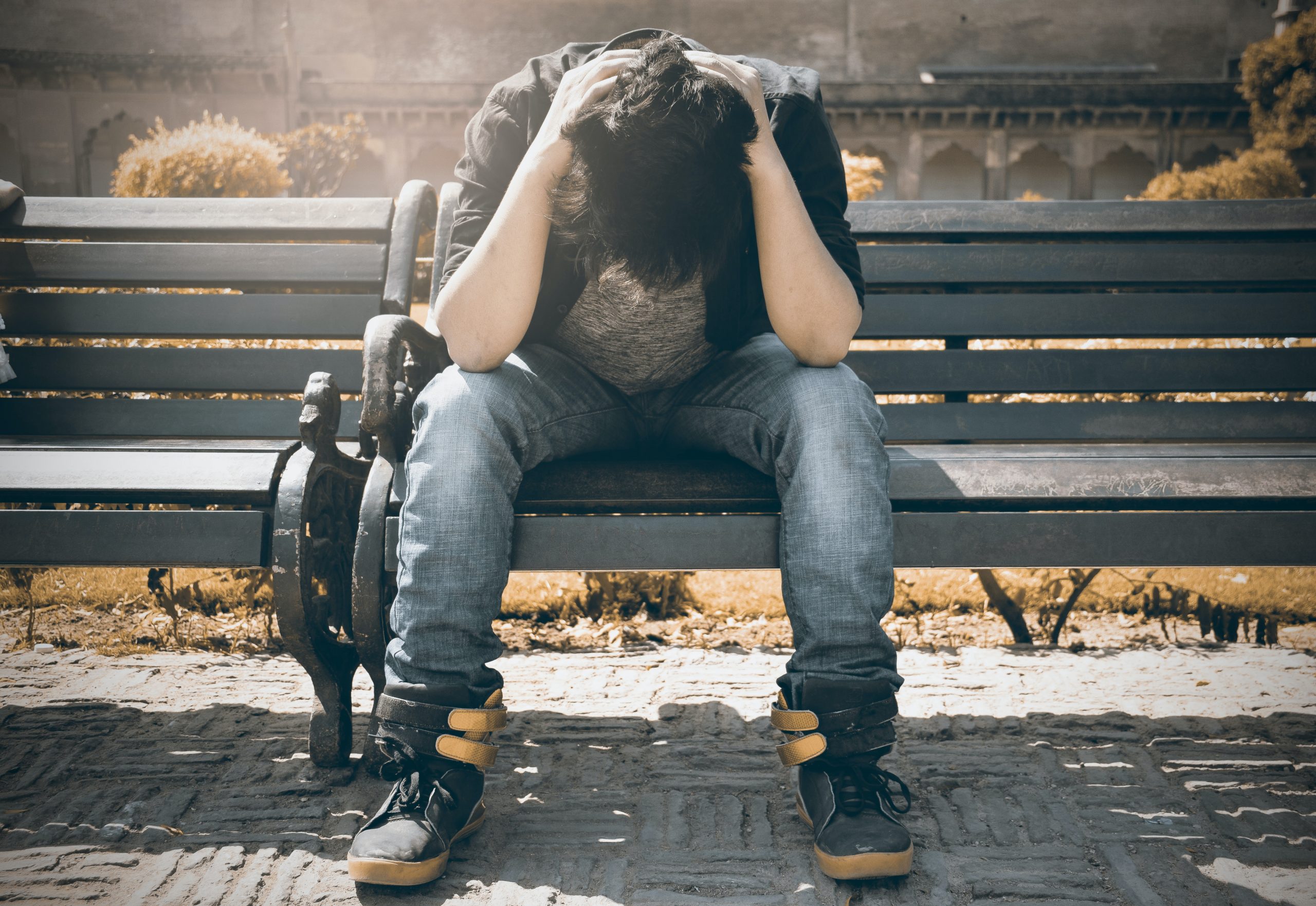It’s normal to feel down after a bad day at work or an argument with someone you care about. Crying after a breakup and staying in bed for a day or two is also perfectly normal and expected. In fact, taking some time to process your situation and your negative emotions is a key part of healing. However, if your mood remains extremely low and affects your ability to function for most of the day, almost every day, for several weeks, then it may be time to start giving your mental and emotional health more attention.
Depression is different from feeling a little down, sad, or stressed out. It’s a mental illness that can affect virtually every aspect of your life. Depression can be dangerous because many people don’t recognize the symptoms and may ignore them because they think it is just a change of mood. There are several signs of depression that you need to watch out for. Here are 6 signs that indicate you or a loved one may need help.
-
Losing Interest in Activities You Usually Enjoy
A major sign of depression is that you will likely find yourself losing interest in the activities you usually enjoy most. It’s not that you’re just a little too tired to meet up with friends, or not in the mood to read a book or watch a particular movie. It’s a consistent loss of interest in doing these and other fun activities in general. If you or someone you care about has gone weeks without engaging in his favorite activities or socializing with the people he loves. it may be time to speak with a mental health professional.
-
Self-Loathing and Self-Harm
Self-loathing and self-harm are two of the most dangerous signs of depression. Self-loathing, also called self-hatred, refers to regular extreme criticism of yourself. Self-loathing is not always easy to spot because people who have these feelings tend to hide them. Individuals who have this issue may feel worthless or believe they are a burden to the people around them. In some cases, individuals with self-loathing may begin to self-harm.
Self-harm or self-injury is when you intentionally hurt yourself as way to cope with strong negative feelings, painful memories, or experiences that appear overwhelming. Self-harming behaviors can range from scratches to serious physical injuries that may prove fatal. The behavior is most prevalent among teenagers and young adults. The information found on smartclinics.com.au explains that some people who go through depression may choose to cut parts of their own body that aren’t visible to others. If the bruised area is seen by someone else, the depressed individual may try to claim that the injury is the result of an accident.
-
Extreme Reckless Behavior
As people with depression typically lose interest in activities they love, they may become emotionally numb and seek other activities that appear more exciting. For example, they may engage in reckless driving, they make start to take illicit drugs, they may pick fights with other people, or they may become sexually promiscuous. Since the activities they used to enjoy isn’t fun anymore, they may try to engage in more bold acts with the hope of feeling alive again. If someone you know is engaging in these types of risky behaviors, it may indicate that the individual is depressed and needs help.
-
Feeling Fatigued Without Engaging In Any Physical Activity
Another common sign of depression is always feeling tired or exhausted, even if you did very little to no physical activity. This symptom is also hard to spot because feeling extremely tired can be the result of just about anything. You may think you just need some rest or perhaps you are getting sick. Critical onlookers may claim that you are just lazy. If you are experiencing prolonged fatigue, even after a few days of rest, it may indicate that you have an underlying emotional issue.
-
Having Sleep Problems
Some people with depression have trouble falling asleep or staying asleep. Other people with depression feel fatigued and may sleep much more than usual. Despite the extra sleep, however, these individuals do not feel rested when they wake up. If you regularly have sleep issues but do not have a medical condition or medication that may cause drowsiness or insomnia, it is strongly recommended that you seek professional help.
-
Short Temper and Extreme Moodiness
There are many factors in our daily life that make us angry or short-tempered on occasion. It’s when this irritability and short temper becomes persistent, frequent and unpredictable that it becomes an alarming sign of an underlying mental health problem. If you or someone you know is frequently losing his temper without reason, it may be best to speak with a trained mental health counselor.
Depression is one of the most common mental health issues on earth and should not to be taken lightly. However, the condition is highly treatable. If you suspect that you may have depression, talk to someone you trust about how you can seek professional help. If someone you know is showing signs of depression, never tell him or her to “just get over it.” A far better approach is to show understanding and support before directing the individual to local mental health resources where he or she can get the necessary help.


